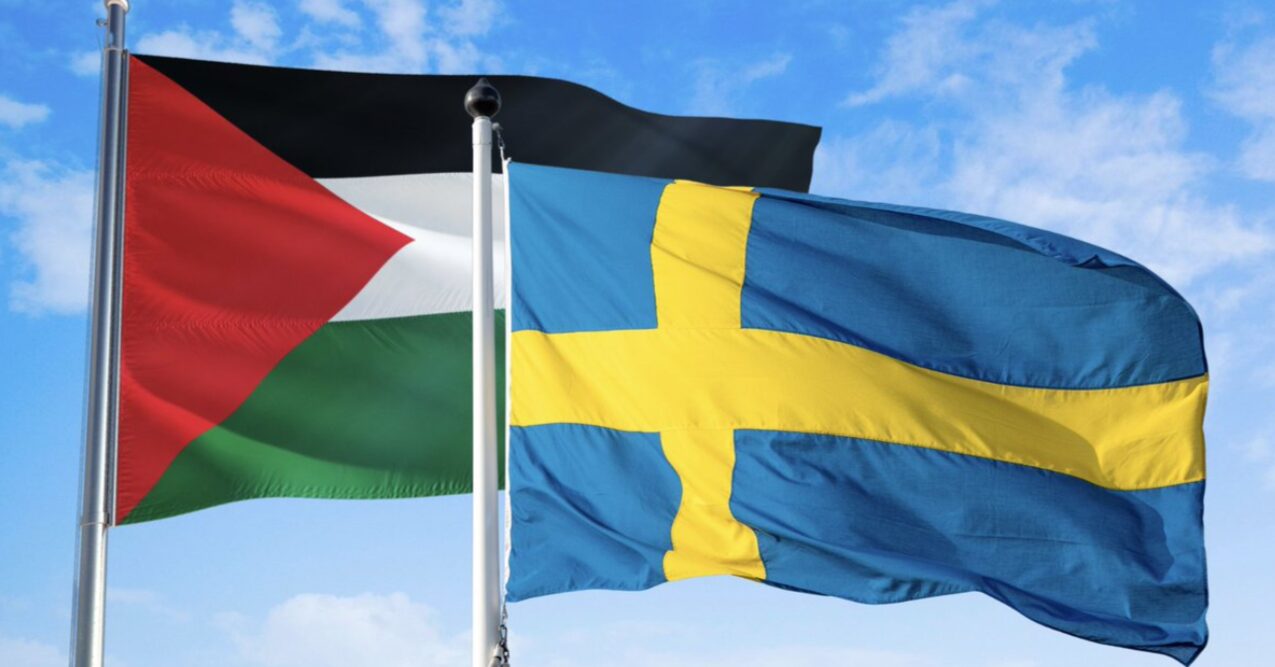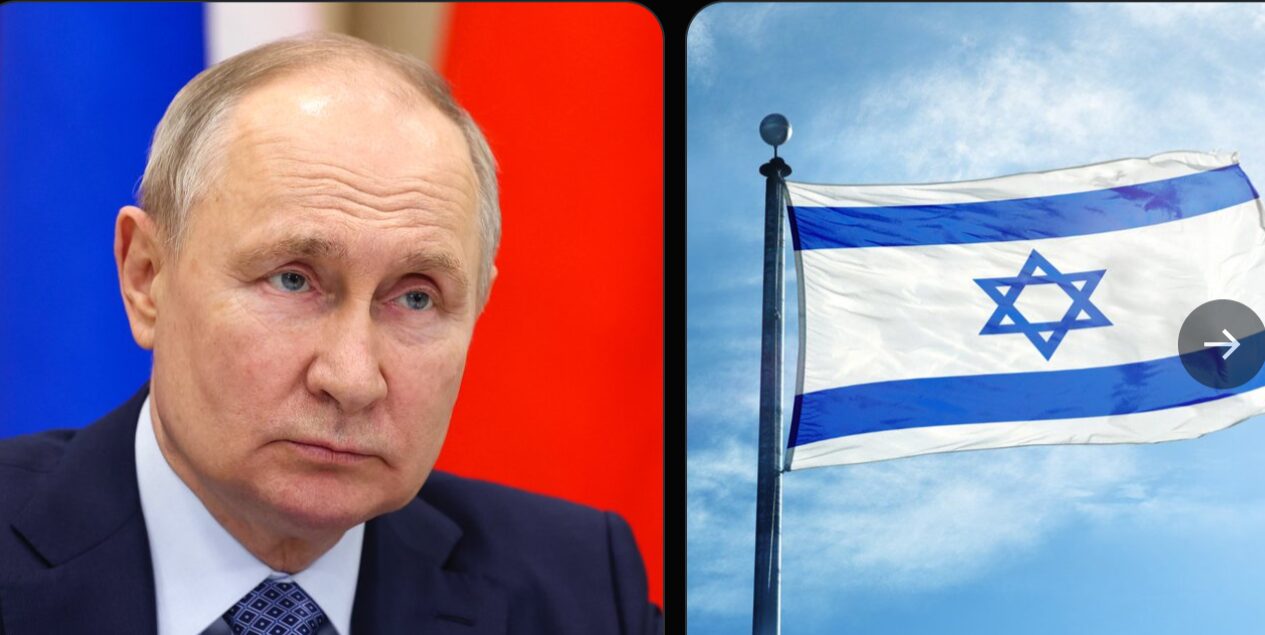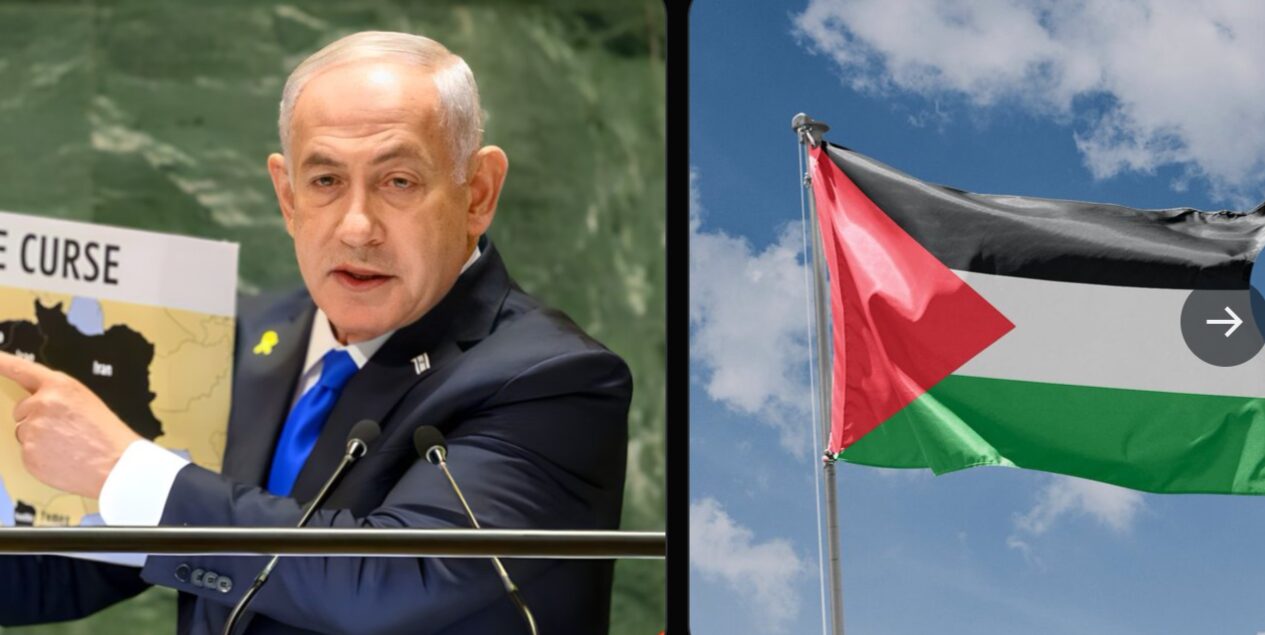SWEDEN has decided to officially STOP FUNDING the UNRWA
Sweden Has Decided to Officially Stop Funding the UNRWA: A Shift in Foreign Policy
In a significant move that has caught the attention of international organizations and political leaders, Sweden has officially decided to halt its financial support for the United Nations Relief and Works Agency (UNRWA), a body established to provide assistance and protection to Palestinian refugees. This decision marks a pivotal shift in Sweden’s foreign policy and its stance on the Israeli-Palestinian conflict. The move has been met with both support and criticism, and its implications are still unfolding.
Understanding the Role of UNRWA
The United Nations Relief and Works Agency (UNRWA) was established in 1949 in response to the mass displacement of Palestinians following the Arab-Israeli conflict and the creation of the State of Israel. UNRWA provides critical services to Palestinian refugees across the Middle East, including education, healthcare, social services, and emergency assistance. It operates in five regions: Jordan, Lebanon, Syria, the West Bank, and the Gaza Strip.
The agency plays a central role in the lives of millions of Palestinians, especially those living in refugee camps where access to basic services is limited. Over the decades, UNRWA has become a symbol of the international community’s commitment to supporting Palestinian refugees, who have faced challenges in obtaining citizenship or permanent residency in many host countries.
Sweden’s Decision: A Policy Shift
Sweden has long been a supporter of Palestinian rights and a vocal critic of Israeli policies. As one of the most consistent donors to the UNRWA, Sweden’s decision to stop funding the agency is a noteworthy departure from its usual stance. The Swedish government has cited a variety of reasons for its decision, with the primary rationale being concerns over the agency’s alleged ties to groups with controversial or extremist views.
The Swedish government has expressed concerns about the UNRWA’s management and accountability, particularly its alleged failure to address accusations of incitement to violence and anti-Israel rhetoric among some of its staff. There have also been accusations that some of the educational materials used by UNRWA schools promote extremism. Sweden, as part of its broader strategy to fight extremism and promote human rights, has indicated that it can no longer support an organization that is, in its view, linked to such activities.
Additionally, Sweden’s decision comes in the context of increasing scrutiny over the effectiveness of UNRWA’s operations. Critics argue that the agency has been unable to achieve lasting solutions to the refugee issue, and that its continued existence perpetuates the refugee crisis rather than addressing its root causes. Sweden’s foreign policy shift also reflects a growing frustration with the stagnation of the peace process and a desire for more effective, sustainable solutions to the Israeli-Palestinian conflict.
The Impact on Palestinian Refugees
Sweden’s decision to stop funding the UNRWA could have significant consequences for Palestinian refugees, particularly those who rely on the agency for basic services. With Sweden being one of the largest donors to the agency, its withdrawal of financial support creates a funding gap that could affect the agency’s ability to maintain its operations in key areas such as healthcare, education, and emergency relief.
UNRWA already faces significant financial challenges, with the Trump administration’s decision to cut U.S. funding in 2018 exacerbating the agency’s funding shortfalls. The loss of Swedish contributions could push the agency further into a crisis, making it even harder to meet the needs of the Palestinian refugee population. This could leave millions of vulnerable people without access to essential services and increase the hardship faced by refugees in camps across the Middle East.
The Palestinian Authority has expressed concern over Sweden’s decision, warning that the move could have negative effects on the humanitarian situation in Palestinian territories and refugee camps. Some Palestinian advocates argue that Sweden’s withdrawal will send a discouraging message to other potential donors, further isolating Palestinian refugees and worsening their plight.
International Reactions: Support and Criticism
Sweden’s decision has sparked a variety of reactions from both its allies and critics.
- Support from Critics of UNRWA: Some Israeli and pro-Israel groups have welcomed Sweden’s move, seeing it as a long-overdue step towards holding UNRWA accountable for its perceived flaws. These groups argue that the agency has long been biased against Israel, pointing to allegations of incitement and the use of anti-Semitic materials in some of its operations. They view Sweden’s withdrawal as a sign of growing international recognition that UNRWA’s current approach is no longer sustainable.
- Opposition from Pro-Palestinian Advocates: On the other hand, many Palestinian and human rights groups have condemned Sweden’s decision, claiming that it undermines the humanitarian aid provided to Palestinian refugees. They argue that the agency’s work is vital in alleviating the suffering of Palestinians and that cutting off funding will only exacerbate the hardship faced by refugees. These groups also assert that Sweden’s withdrawal reflects a broader shift away from support for Palestinian rights and a capitulation to political pressure from pro-Israel lobbying groups.
- European Reactions: Within Europe, Sweden’s decision has been met with mixed responses. While some countries, particularly those with close ties to Israel, may view the move favorably, others, particularly in the European Union, have expressed concern about the impact on Palestinian refugees. The European Union has historically been a strong supporter of UNRWA, and Sweden’s withdrawal could lead to discussions about whether the EU should step in to fill the funding gap. However, the political climate surrounding the Israeli-Palestinian conflict in Europe is increasingly polarized, and finding a consensus on this issue may prove difficult.
Implications for Sweden’s Foreign Policy
Sweden’s decision to stop funding UNRWA is not only a shift in its approach to the Israeli-Palestinian conflict, but it also signals a broader recalibration of its foreign policy. Sweden has long been seen as a champion of human rights and a mediator in international conflicts, but this decision suggests a more pragmatic approach, prioritizing accountability and a focus on sustainable solutions over traditional diplomacy.
Sweden’s stance on the Israeli-Palestinian conflict has often been marked by a strong pro-Palestinian position, but recent developments may indicate a shift toward a more balanced approach, taking into account the concerns of both Israelis and Palestinians. While Sweden has continued to express support for Palestinian rights, this decision reflects a growing desire to see more concrete progress in resolving the conflict, rather than relying on temporary aid solutions.
The Way Forward: What’s Next for UNRWA?
UNRWA is facing a crucial moment in its history. With Sweden’s withdrawal of funding, and the ongoing challenges of securing financial support from other donor countries, the agency may need to rethink its strategy and operations. To continue its work, UNRWA will need to address concerns about its management and accountability, while also finding ways to secure alternative funding sources.
Meanwhile, the humanitarian needs of Palestinian refugees continue to grow, and international attention will likely remain focused on how to address these needs in the absence of Sweden’s contributions. The broader international community will need to decide whether to fill the void left by Sweden or whether to pursue new models of assistance that focus on sustainable development and long-term solutions for Palestinian refugees.
In Conclusion
Sweden’s decision to stop funding the UNRWA is a significant and controversial shift in its foreign policy. While the move has garnered support from critics of the agency, it has also sparked concern among those who view UNRWA’s work as vital to the wellbeing of Palestinian refugees. The implications of this decision are far-reaching, not just for Sweden’s relationships with Israel and Palestine, but for the future of Palestinian humanitarian aid. As the situation unfolds, the international community will need to find new ways to address the challenges faced by Palestinian refugees and support their rights to dignity, security, and self-determination.

















Post Comment